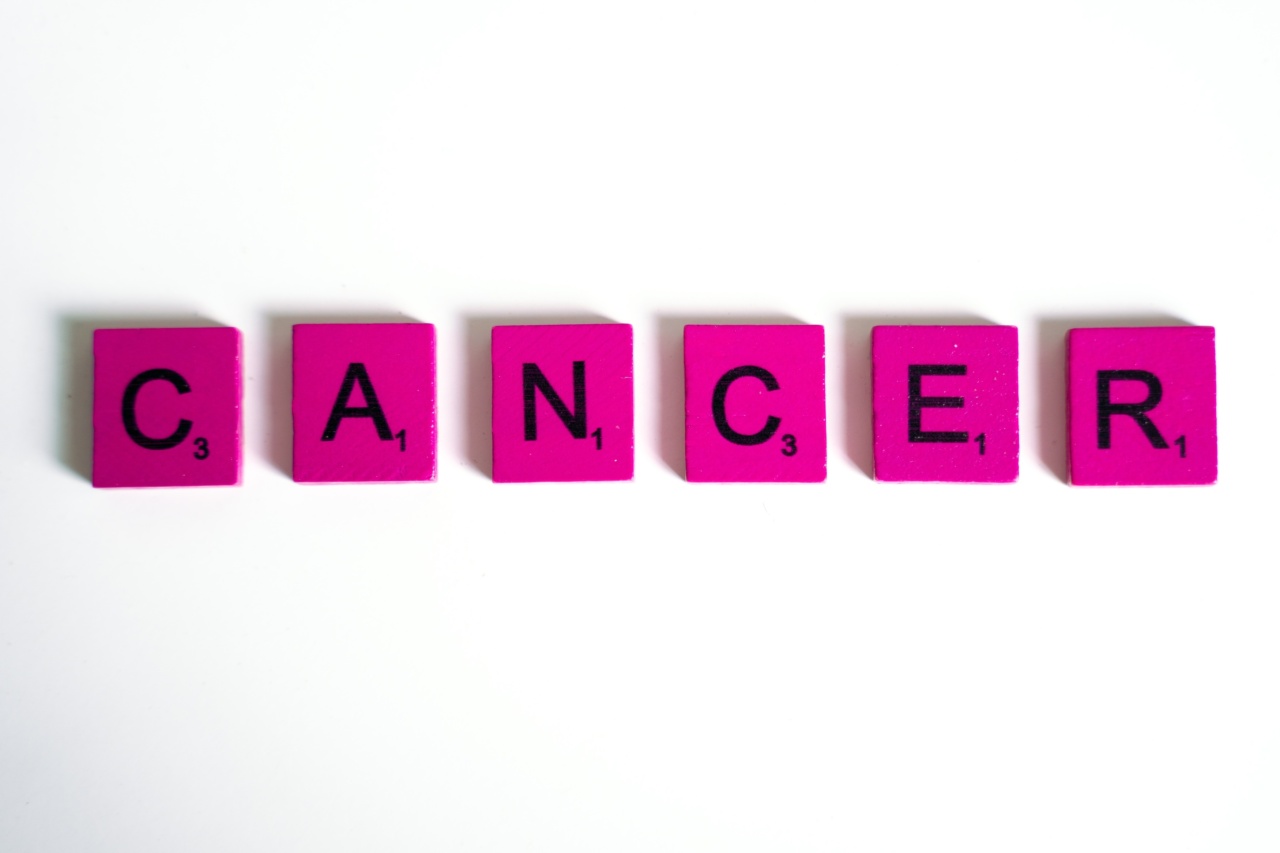Type 1 diabetes and cancer are two diseases that affect millions of people worldwide. Type 1 diabetes is an autoimmune disease that affects the pancreas.
It occurs when the body’s immune system attacks and destroys the cells in the pancreas that produce insulin. Insulin is a hormone that regulates blood glucose levels. On the other hand, cancer is a disease that occurs when cells in the body grow uncontrollably. This uncontrolled growth can lead to the formation of a tumor.
Researchers have found links between type 1 diabetes and cancer.
Increased Risk of Certain Types of Cancer in Type 1 Diabetes Patients
Several studies have investigated the relationship between type 1 diabetes and cancer. A study published in the Journal of the National Cancer Institute found that individuals with type 1 diabetes have an increased risk of several types of cancer.
These cancers include:.
- Stomach cancer
- Colorectal cancer
- Liver cancer
- Pancreatic cancer
- Breast cancer
- Bladder cancer
The study found that the increased cancer risk was not due to the effects of insulin therapy. In fact, the increased risk of cancer in type 1 diabetes patients was seen in patients who were not on insulin therapy.
This suggests that the link between type 1 diabetes and cancer may be due to shared risk factors or biological mechanisms.
Shared Risk Factors Between Type 1 Diabetes and Cancer
There are several risk factors that increase the likelihood of developing type 1 diabetes and cancer. These risk factors include:.
- Genetics
- Lifestyle factors such as smoking and lack of physical activity
- Inflammation
Inflammation is a common factor in both type 1 diabetes and cancer. The immune system plays a key role in type 1 diabetes. Inflammation occurs when the immune system attacks the cells in the pancreas. Cancer also involves inflammation.
Inflammation can promote the growth and survival of cancer cells. It can also suppress the immune system, making it harder for the body to fight off cancer cells.
Biological Mechanisms That Link Type 1 Diabetes and Cancer
There are several biological mechanisms that may connect type 1 diabetes and cancer. One possible mechanism is the role of insulin-like growth factor-1 (IGF-1). IGF-1 is a hormone that is similar in structure to insulin.
It plays a role in cell growth and division. High levels of IGF-1 have been linked to an increased risk of several types of cancer, including breast, prostate, and colorectal cancer. Individuals with type 1 diabetes have lower levels of IGF-1 due to a lack of insulin.
This may explain why individuals with type 1 diabetes have a lower risk of some types of cancer, such as breast and prostate cancer.
Another potential mechanism is the role of chronic hyperglycemia. Chronic hyperglycemia occurs when blood glucose levels are consistently high. This can occur in individuals with poorly controlled diabetes.
Chronic hyperglycemia can lead to oxidative stress and inflammation. These processes can damage cells and promote the development of cancer.
Conclusion
There is evidence to suggest that there are links between type 1 diabetes and cancer. Individuals with type 1 diabetes have an increased risk of several types of cancer.
The link between type 1 diabetes and cancer may be due to shared risk factors or biological mechanisms. Inflammation and insulin-like growth factor-1 are two potential mechanisms that may connect type 1 diabetes and cancer.
Understanding the link between these two diseases may help researchers develop more effective methods for preventing and treating both diseases.































